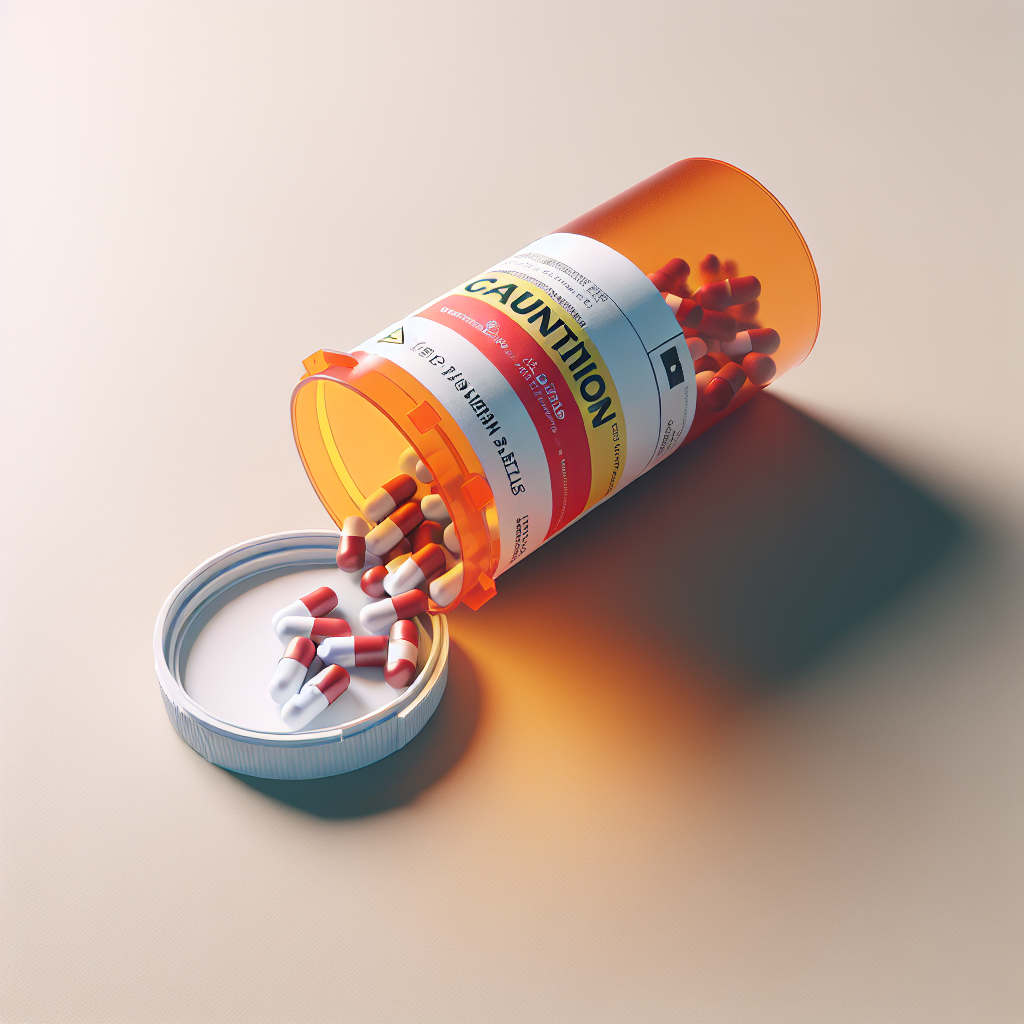The European Medicines Agency has issued a warning urging patients taking weight loss medications such as Wegovy and Zepbound to inform their doctors prior to any scheduled surgery.
The agency’s Pharmacovigilance Risk Assessment Committee (PRAC) has recommended new measures to reduce the risk of respiratory complications during surgery for patients using GLP-1 treatments.
GLP-1 drugs are a category of diabetes and weight loss medications that mimic a hormone regulating blood sugar and suppressing appetite. Major producers in this market include Novo Nordisk, which manufactures Ozempic and Wegovy, and Eli Lilly, which produces Mounjaro and Zepbound.
The committee has indicated that patients on these medications are at risk of aspiration and pneumonia aspiration—conditions where food or liquids are accidentally inhaled into the airways rather than swallowed—during anesthesia and deep sedation. These conditions often occur when stomach contents move back to the throat.
According to the PRAC, aspiration and pneumonia aspiration complicate between 1 in 900 to 1 in 10,000 general anesthesia procedures.
As GLP-1 drugs delay stomach emptying, patients may still have food in their stomachs during surgery, even after fasting the night before. The PRAC believes this poses a “biologically plausible increased risk for aspiration.”
While the committee could not establish a direct causal link between GLP-1 drugs and aspiration, they recommend that healthcare professionals consider the effects of GLP-1 medications when administering anesthesia.
Additionally, the product information for these drugs will be updated to include a warning of this risk.
Morgan Stanley analysts project that the global market for these drugs will reach $105 billion by 2030, an increase from a previous estimate of $77 billion. The investment bank also expects that by 2035, around 31.5 million people in the U.S., or about 9% of the population, will be using these medications.
